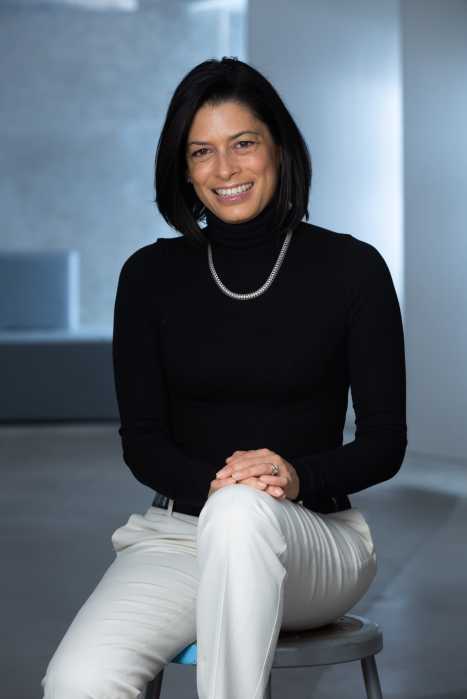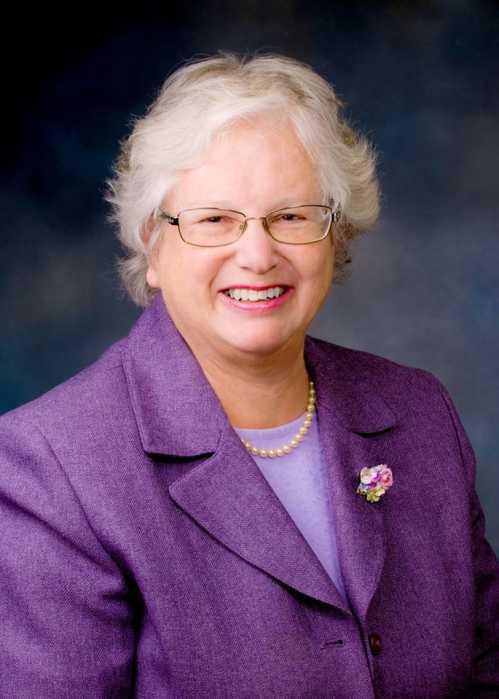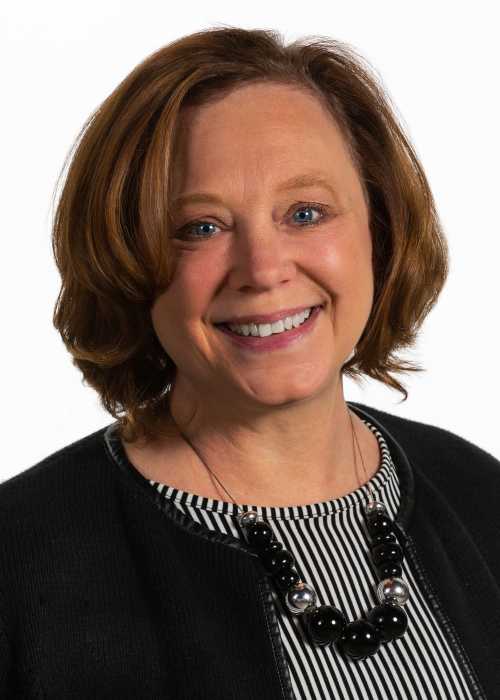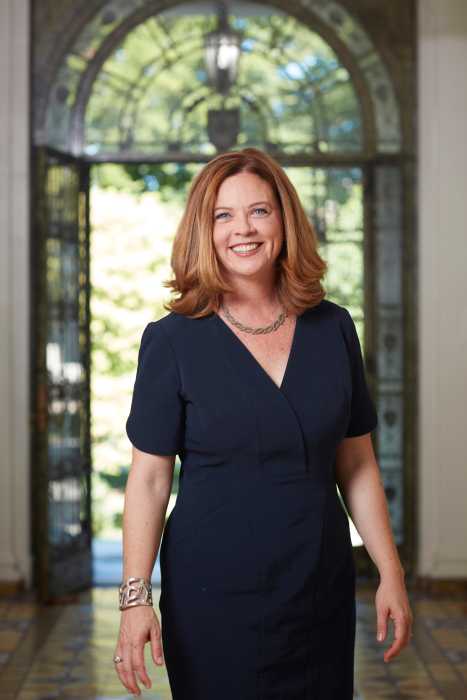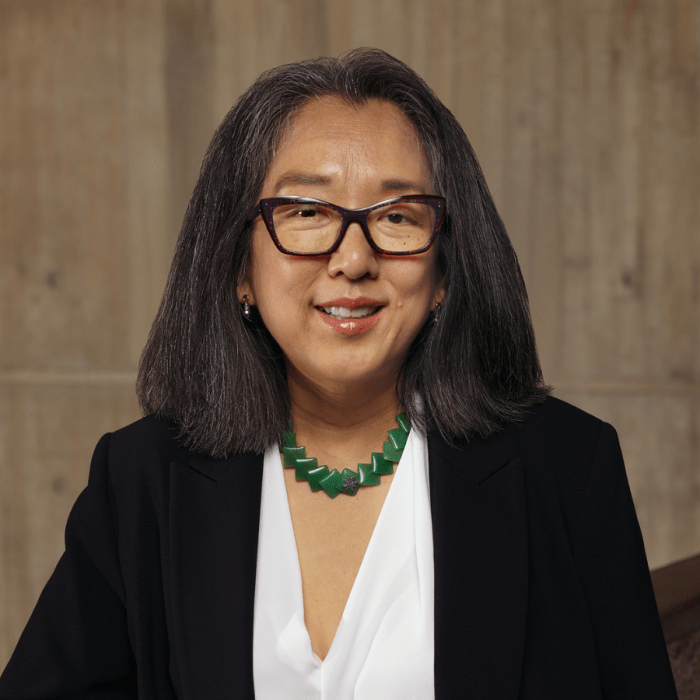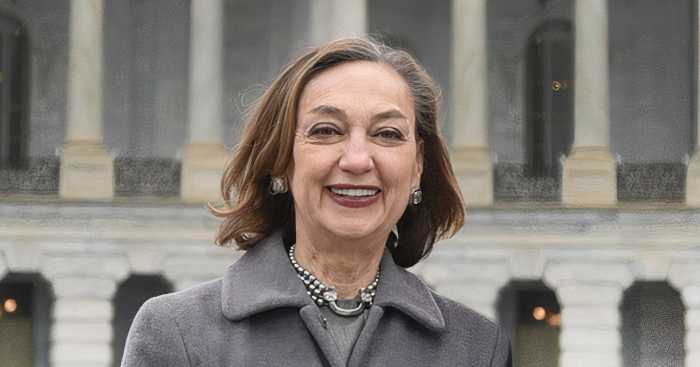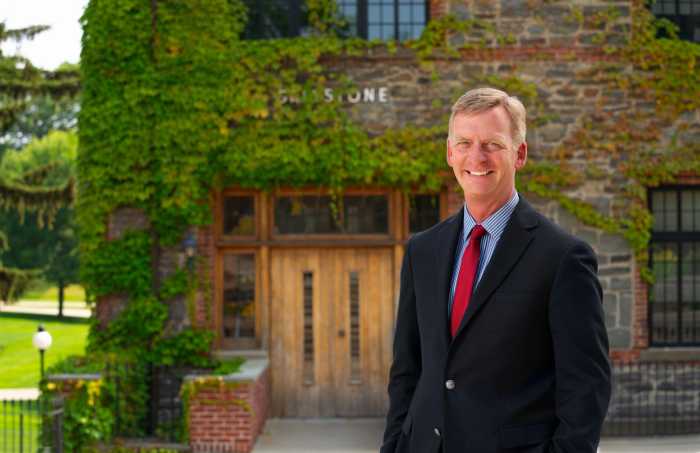Laura Sparks is president of The Cooper Union and a recognized leader in higher education, community development, philanthropy, and finance. She is the college’s 13th president and the first woman to hold the position. With her leadership, Cooper is pursuing an ambitious plan toward full-tuition scholarships for all undergraduates. To that end, Cooper has held tuition flat for five consecutive years, increased scholarship levels–on average, nearly 80% of tuition is covered for all students–and renewed investment in academic and student life.
What inspired you to pursue a career in education?
I have devoted my career to leveling the playing field, to advancing equal access to opportunity for everyone, and education is one of the most equalizing forces. My prior work focused on areas such as increasing access to responsible financial services in underserved communities, expanding the reach of arts organizations, and improving the quality of preschool and K-12 education. These experiences pointed me towards Cooper’s mission of removing barriers to higher education, a mission that dates to 1859 and one I am proud to steward today.
What aspects of education do you believe need more support from policymakers?
As president of a college with outstanding schools of art, architecture, and engineering, I have a front-row seat to the power of what happens at the intersection of the arts and sciences and advocate for citywide efforts to provide all K-12 students with high-quality STEAM opportunities. Developing a pipeline of future STEAM and tech-savvy New York City workers that is representative of the city’s gender, economic, and racial diversity is central to powering our great city and to creating a more equitable economy.
What do you think the future of New York’s education system looks like?
Any education system should provide increased opportunities to students from traditionally underserved populations, something Peter Cooper advocated for almost 200 years ago. The future of effective education, at both the K-12 and higher education levels, may lie in how we best utilize technology to supplement traditional teaching and learning approaches to better tailor programs to individual students. While it has been historically efficient to apply a one-size-fits-all approach, we can better educate students by understanding their learning styles, building upon their strengths, targeting areas for improvement, and finding ways to better connect them to their learning.


